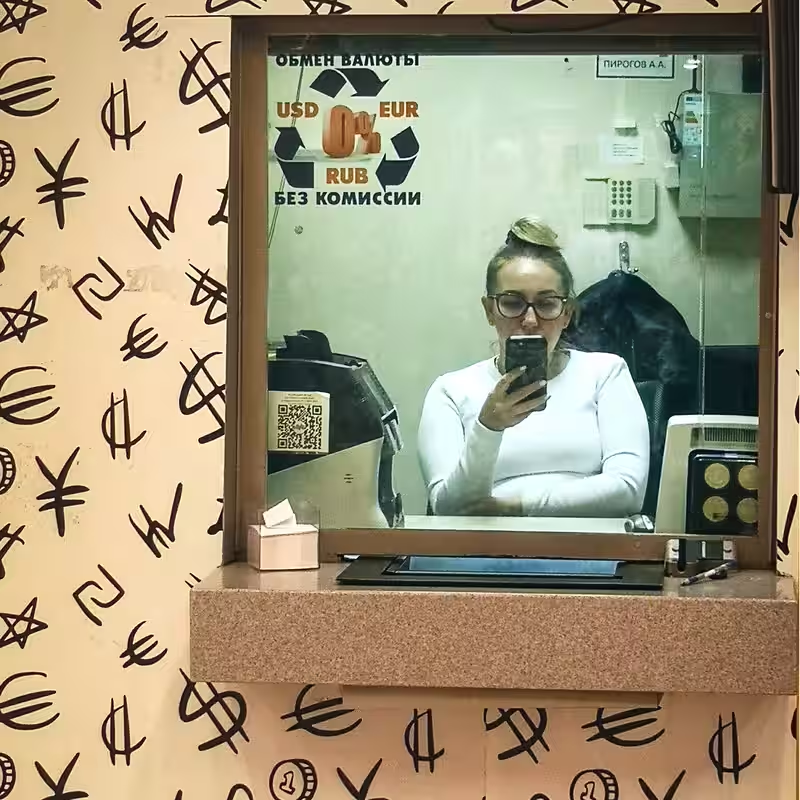Table of Contents
- The Rise of MAX: Russia’s Homegrown Messaging Giant
- How Russia Is Sabotaging WhatsApp and Telegram
- State Propaganda Meets Digital Control
- What This Means for Digital Freedom in Russia
- Sources
The Rise of MAX: Russia’s Homegrown Messaging Giant
In a bold move toward digital sovereignty, Russia has launched MAX—a state-controlled “super app” designed to replace foreign messaging platforms like WhatsApp and Telegram. Backed by the Kremlin, MAX isn’t just another chat app; it’s a cornerstone in Russia’s broader strategy to isolate its internet from Western influence.
From billboards in downtown Moscow to preloaded apps on new smartphones, MAX is everywhere. Even schools and celebrities are being enlisted to promote its adoption. In one striking example, a city southeast of Moscow used municipal emergency loudspeakers—typically reserved for civil alerts—to urge residents to download the app.
How Russia Is Sabotaging WhatsApp and Telegram
While MAX enjoys seamless functionality, its foreign competitors are being deliberately throttled. For weeks, Russian authorities have degraded voice and video call quality on WhatsApp and Telegram under the guise of an “antifraud” initiative. Meanwhile, MAX calls remain crystal clear—a not-so-subtle nudge steering users toward the state-approved alternative.
This technical interference isn’t random. It’s part of a calculated campaign to erode trust in foreign platforms and accelerate migration to MAX. Independent internet monitors have confirmed unusual traffic shaping targeting Meta-owned services and Telegram, both of which are technically banned but widely used in Russia.
Why MAX Works Better—By Design
Unlike WhatsApp (owned by Meta) or Telegram (founded by Russian-born Pavel Durov but based abroad), MAX operates entirely within Russia’s legal and technical infrastructure. It complies with data localization laws and likely grants security services direct access to user metadata—if not full message content.
State Propaganda Meets Digital Control
The rollout of MAX blends classic propaganda with modern digital coercion. Celebrities receive state incentives to endorse it. Telecom providers bundle it with new devices. Even public institutions are turning into distribution channels.
“It’s hard to escape MAX,” said one Moscow resident who asked not to be named. “My kid’s teacher sent a note home saying all parents should install it. My new phone had it before I even turned it on.”
What This Means for Digital Freedom in Russia
MAX represents more than a messaging app—it’s a tool for surveillance and control. As Russia tightens its grip on the Runet (the Russian segment of the internet), apps like MAX enable authorities to monitor communications, suppress dissent, and cut off global information flows.
Experts warn this is a preview of a fully sovereign internet, where all digital activity is filtered through state-approved platforms. With foreign tech increasingly vilified as “security threats,” MAX could become mandatory for everything from banking to education.
The Global Context
Russia isn’t alone. China’s WeChat and Iran’s Rubika show how governments can leverage super apps for control. But MAX is unique in its aggressive displacement tactics—sabotaging rivals rather than just promoting its own product.




